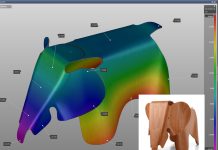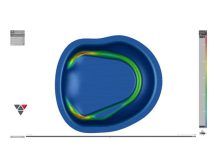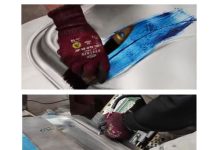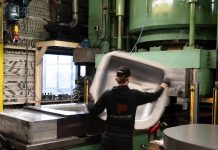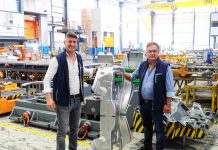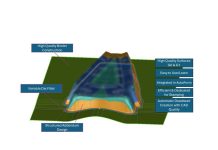Seeing Engineering Work Through the Dutch Cultural Window:
Ernesto Alonso has been working for AutoForm for eight years, six of which he spent working at our office in the Netherlands. During his time at the Dutch office, he experienced a culture that bears some funny and unusual traits, setting itself quite apart from his own Spanish culture. Consequently, we decided to probe Ernesto about simulation operating within the quirks of Holland.
“Simulation and the principles of engineering are universally constant. Good ideas spread quickly around the world at the onset of any interesting development or new methodology. Simulation has been embraced by the international part-manufacturing and toolmaking world. Still, when advising users about our engineering software, depending whether they’re Spanish or Dutch, I’ve seen distinct approaches, requirements and quite ironically, different culturally-influenced questions.
Every country has its own norms, diplomacies and expectations about what is socially acceptable as you navigate to achieve a ‘green’ simulation. I’m once again working in Spain now, so naturally I brought over some valuable Dutch lessons that will stay with me for life. Ultimately, the two countries share a fairly common background, comparable values and lifestyle; but it’s in the many small details where I discovered funny traits… which I also found enriching.
One of these funny Dutch details is the homes at street level with big windows and no curtains – it’s something visitors often notice, but there’s more to it than the lack of sun or not much need for privacy. It has to do with being transparent in every aspect of life, including work. My colleagues will never spare an explanation or remain very private about their work projects or even personal stuff. This way, you get to know each other better and eventually become a more committed team.
Another feature of daily life in the Netherlands, well known to everybody, is bikes. They’re everywhere, one of the most notable highlights and the source of overstated facts such us “nearly every foreigner in Holland gets hit by a bicycle when crossing the road”. While I did have one of those old gear-less bikes that you can hear clattering in the streets, that was just the first stage of my adventurous commuting by public transport – which led to arriving at the office by waterbus.

Fig. 1: Rotterdam Waterbus, you can hop on at the Erasmus bridge pier and park your bike on the deck until the next stop upriver.
There’s one thing in particular I like to joke about now that I’ve had time to become familiar with Dutch culture. I am of course referring to “Dutch directness”. Looking back at my personal experience, this directness is something that longer-term visitors to the Netherlands experience quite regularly!
Imagine a scenario in which a Dutch colleague or neighbor asks you “So, how do you like the Netherlands?” What is important to realize here, and what people coming to the Netherlands do not always grasp in the beginning, is that what you say next will be taken exactly at face value.
Unlike many other cultures, it isn’t common to be diplomatic or to tell a white lie. In other words: from a Dutch point of view, being upfront is valued more highly than protecting someone’s feelings. This kind of situation can, of course, lead to misunderstandings. You are expected to say what you think, or else you might appear insincere, while expecting others to be diplomatic.
It’s helpful to be aware of this cultural difference when evaluating simulation work for support purposes or communicating during a training for our Dutch AutoForm users. They want the whole truth in all its shades!
If a simulation had any points for improvement because the process setup wasn’t close enough to reality or the solver settings were too coarse, for example, it’s important to be straightforward and clearly state all of the problems. There’s no point in leaving out some supposedly minor issues, even if you feel you’re being too strict with the customer, because this may cause extra hassle later on.
This happened to me once when a customer was running a full process simulation prior to compensation and there were plenty of unfulfilled items on the checklist. I thought that I was giving so many comments, the user would start feeling annoyed at some point. So I didn’t mention a certain option that’s not always used – scaling the drawing tools to counteract the shrinking of the draw panel. In the end, the headache for the user was worse, as he had more problems in positioning the panel on following OPs and could only find the source of the error after many loops…
I only realized sometime later that I shouldn’t be overly concerned about being “too open”, especially when our customers in the Netherlands were equally direct, they could take it, and that was actually a good sign, of having built an open and honest relationship with them. This is a wonderful feature of Dutch personality.
I got used to this directness progressively and eventually, I started to actually prefer it. During training courses, for example, I was grateful to be asked as many times as needed if something wasn’t clear, rather than a whole group mostly nodding at me and not asking questions at all. If it weren’t for these dynamic groups, I wouldn’t have a hint about whether the participants were following the explanations or not. This happened more often when delivering training in other territories covered by AutoForm’s Dutch office, perhaps due to different social conventions or language barriers.
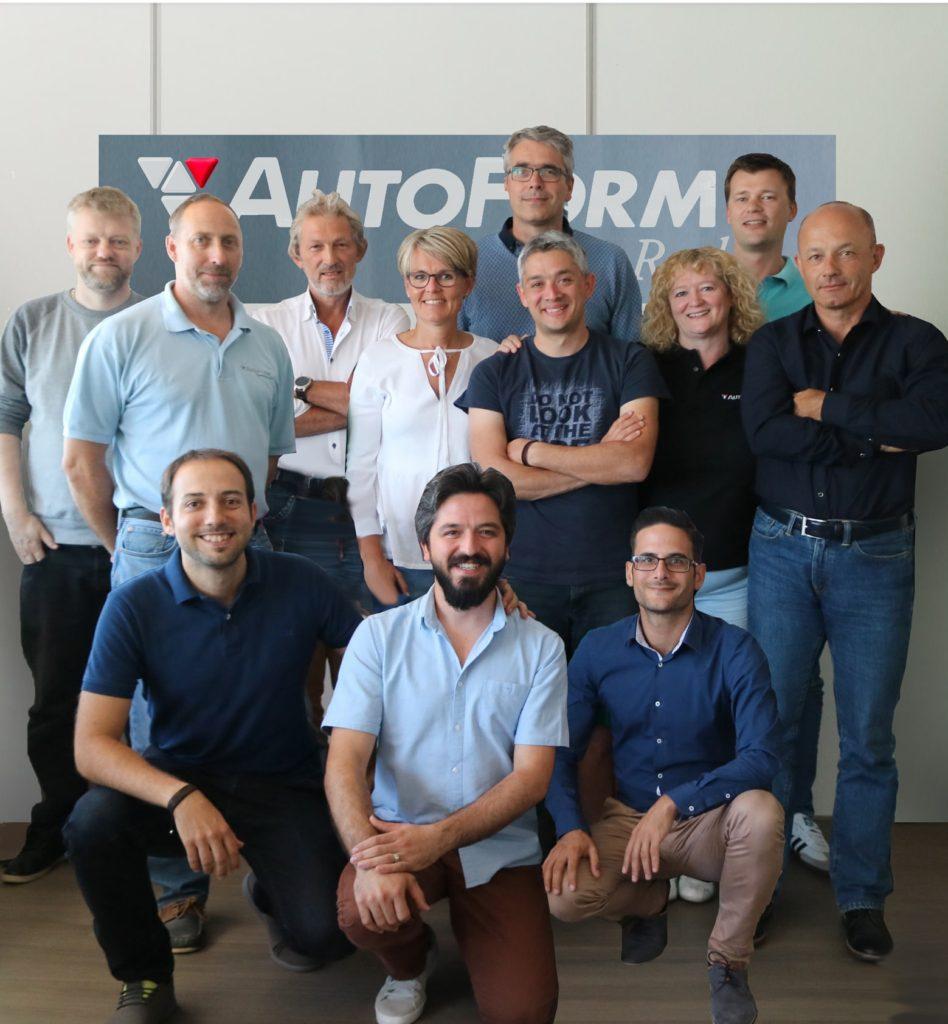
Fig. 2: Ernesto (bottom left) & the Dutch AutoForm team
Marc Lambriks is the head of the AutoForm NL office. He takes a friendly management approach and he works with a sense of partnership; no matter the level, I always sensed a strong cooperation to support our customers. Plus, good ideas are heard at any level. From my experience, this applies to most Dutch companies, in contrast to many other countries, where you often have a clear vertical hierarchy and when something is decided from up above, it is inscribed in stone. The horizontal management approach of the Dutch office leaves me with fond memories of enjoyable work with colleagues. And fortunately for me, this approachability and plainness apply to the entire AutoForm organization at large.
As a takeaway, you may be interested to learn that it is a Dutch convention never to begin a letter or email with “I”. Putting yourself front and center like this is simply “not done”. Bear this in mind if you are writing a job application letter to a Dutch company, even if you’re writing in English!



